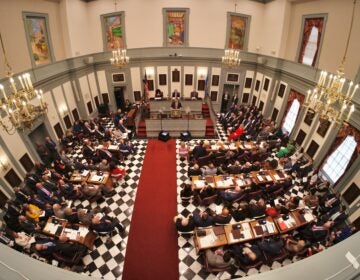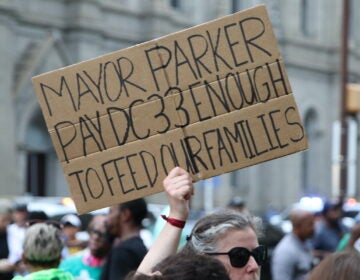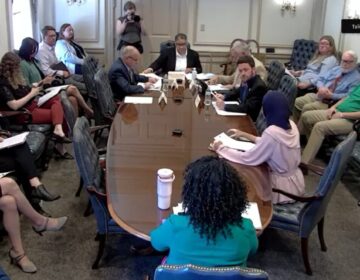Philly school reforms hinge on the question of ‘for whom?’
Amid the turmoil over how to fix the Philadelphia schools, one core point of disagreement rarely gets voiced explicitly.
It revolves around this question: For whom are we fixing the schools?
Here are the two warring answers:
1) Our primary focus should be on doing right by the children of poverty. These at-risk kids are doomed by the accidents of their birth to attend lousy schools set in rotten environments, leaving them with no fair chance in life.
2) The other side replies: It’s equally important to do right by the children of the middle class, the kids whose parents have choices on where to send them to school. You have to offer the parents of such kids enticing options if you want them to stick with city schools. If you just shrug as they hop onto the suburban shuttle, or push their kids into the Friends school funnel, you’ll never gain the resources to do right by the kids of poverty.
Why? Because a school system that the taxpaying, voting middle class has abandoned is one that the political class will also abandon.
Me, I lean heavily to the second view.
The recent fitful history of Philly school reform can be seen as a vacillation between these two outlooks. The messiah of the 1990s, David Hornbeck, advanced the first view, imbuing it with a heavy dose of sanctimony. If he could have gotten rid of every magnet school, the Mastermans, Centrals and CAPAs that kept some middle-class parents in the city, he would have. He thought they were morally wrong.
Paul Vallas, who ran things in the middle of the last decade, was the exact opposite. A political pragmatist, he hustled to multiply options for parents with choices – charters, new magnets, military schools, whatever. And he cut deals like crazy with politicians – some of them workable, some of them problematic – all in a bid to rustle up more resources to help at-risk kids.
The progressive movement in Philly, for whom political realism has never been a strong suit, fought Vallas most of the way.
The next superintendent, the late Arlene Ackerman, was more of a rhetorical soulmate for progressives. In fact, she often sounded as if the only schoolchildren she could see were the poor, black ones. She got gushers of revenue from then-Gov. Rendell and the Obama stimulus, but handled that poorly.
Now, the new savior is Dr. William Hite. I got a chance to interview him at an event last week. I found him to be candid, wicked smart, passionate, but fully aware of the brutal complexities of his in-box. Impressive.
I asked him which of the two camps he’s in.
His reply? “Both.”
That is in fact the only wise answer. We just have not yet had a schools chief who was smart, tough and deft enough to execute both answers simultaneously with the cash on hand.
Hite is saying, in essence: Just watch me.
I look forward to doing just that.
WHYY is your source for fact-based, in-depth journalism and information. As a nonprofit organization, we rely on financial support from readers like you. Please give today.




